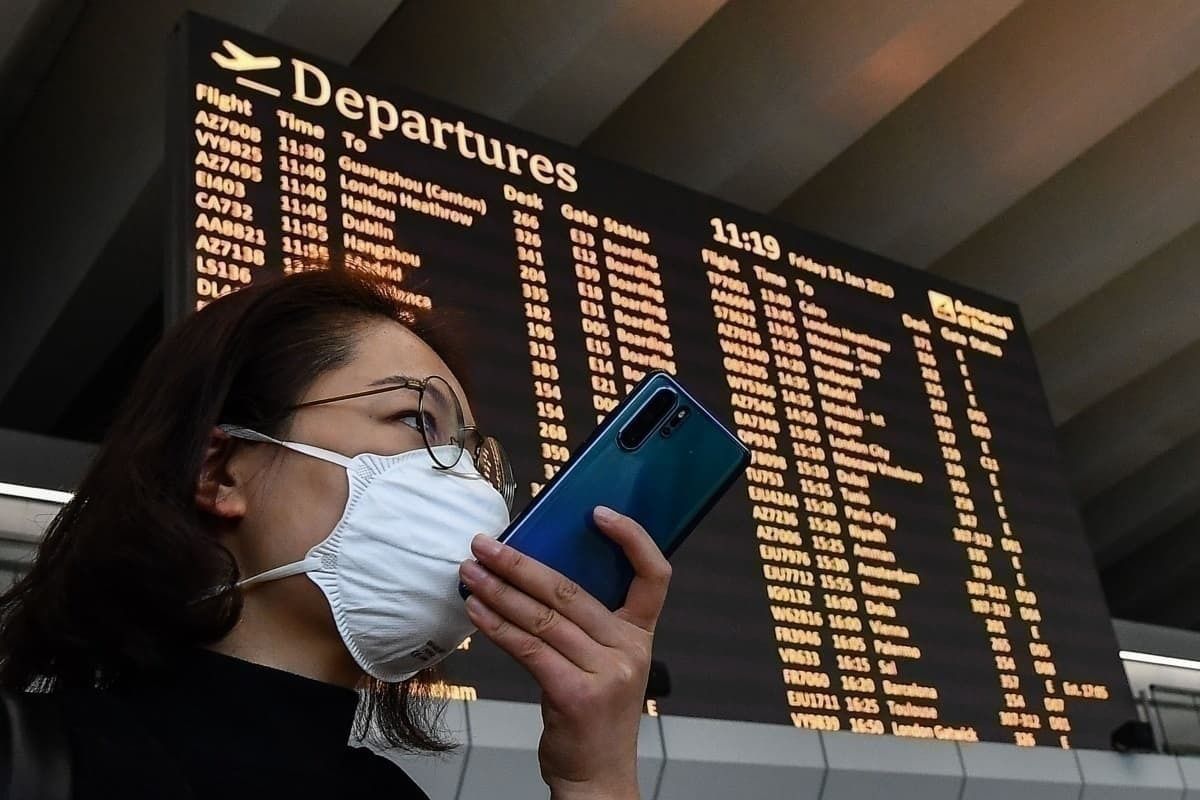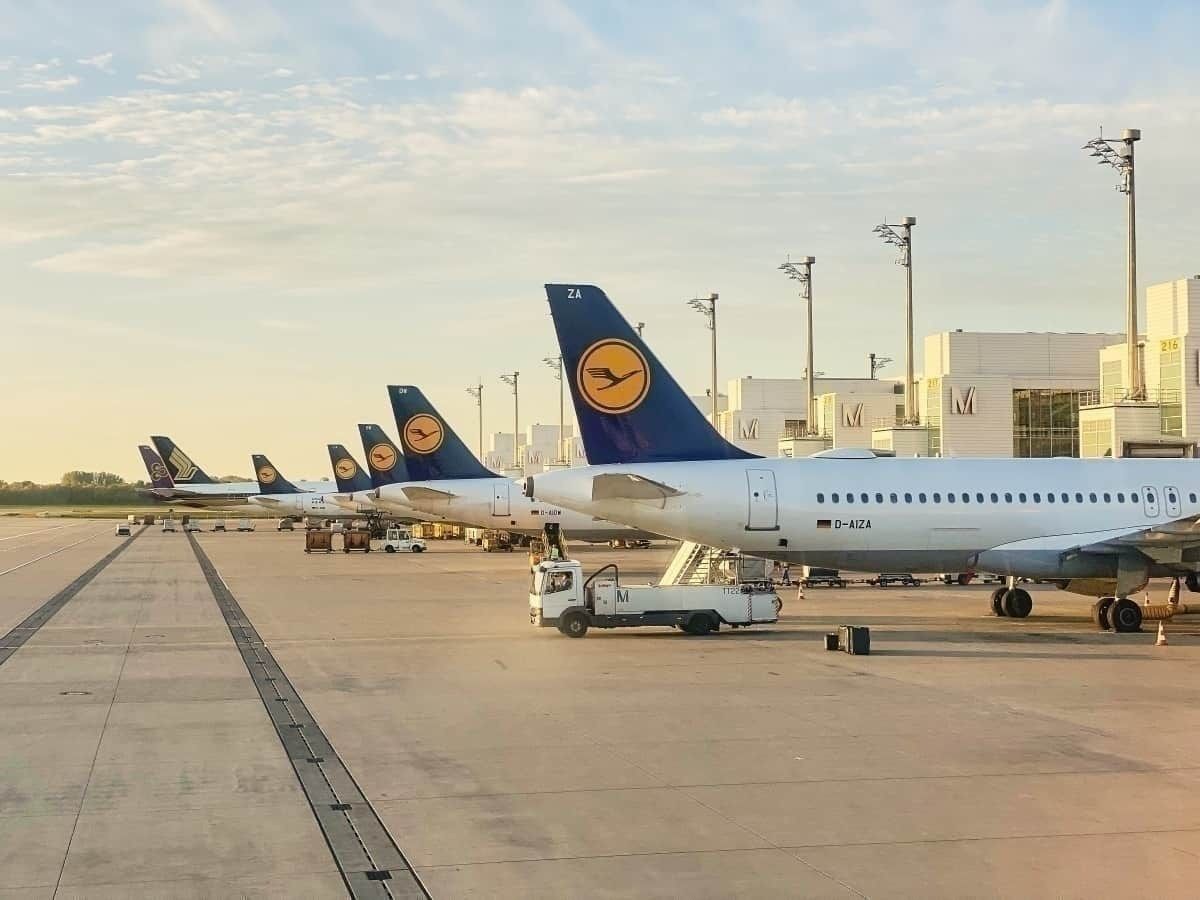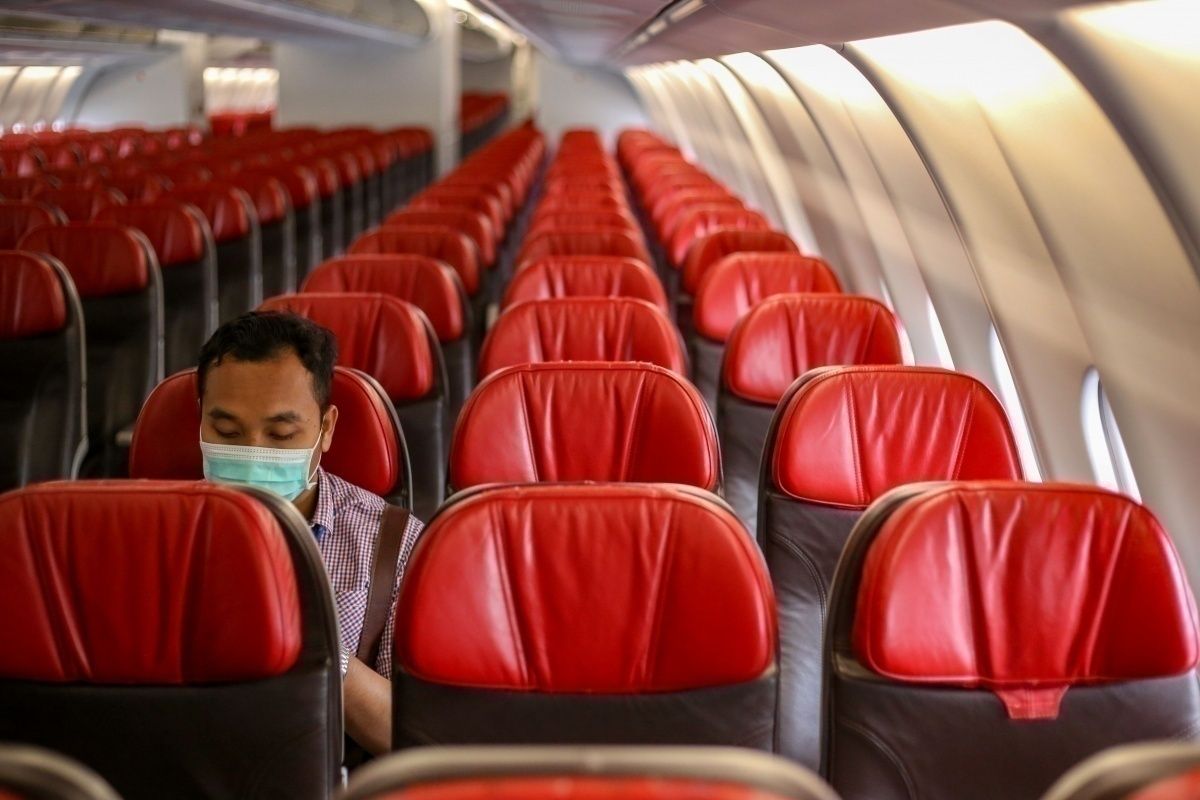A recently published study found that around one-quarter of China's emissions have been slashed during the coronavirus outbreak. In addition to China's lack of demand in its industrial sectors, a dissipating interest in international air travel is responsible for the reduced CO2 output. How has the coronavirus helped the environment and will it continue?
How has the coronavirus impacted CO2 emissions?
As awareness about the transmission of coronavirus heightens, more and more airlines have resorted to mitigating its spread. International air carriers have now stopped routes to regions with a high frequency of cases and governments have warned against non-essential international travel. All of this has culminated in an unexpected blow for many of the world's airlines. No one could have foreseen the sudden global effect of the coronavirus.
That said, whilst talk of the virus is not the most positive, it has had a surprising effect on the environment. With the demand for air travel down as well as interest in other industrial sectors, China has experienced a 25% reduction in its carbon emissions.
A study published at the end of February found that:
"on-going flight suspensions and cancellations have cut global CO2 emissions from passenger flights by around 11% [or three million tonnes] in the past two weeks."
Around 80% of flights serving China have been canceled.
However, since that study was first published, the fight against the coronavirus has upped the ante. Services to Italy have recently been cut by many airlines as well as routes serving Iran, South Korea, and Hong Kong, to name but a few.
Coronavirus has a positive environmental impact
Yet whilst the outbreak spells fiscal adversity for airlines, it will also have a positive effect on the environment. Fewer flights, and fewer international flights at that, means less CO2 released into the atmosphere.
With airlines making temporary cuts to their route network, some have also grounded some of their aircraft. For example, in addition to canceling over 7,000 routes, the Lufthansa Group has also grounded some 150 aircraft.
In addition, the coronavirus has brought about a general animosity towards air travel. As long as the coronavirus continues to spread, that fear is likely to stay. Consequently, we'll see fewer aircraft in our skies. However, despite the overdue relief that the world's atmosphere will enjoy during this period, the respite is unlikely to last.
A temporary environmental reprieve
Although grounding aircraft might sound like an environmental win, airlines must still manage their revenue and costs. As such, some airlines in the US are putting to use their grounded widebodies. United Airlines is using its Boeing 777 and 787 aircraft for domestic routes within the US. American Airlines is repurposing its 777 and 787 fleet for routes to Mexico and Europe and temporarily suspending the use of smaller aircraft on these routes.
So, in actual fact, whilst it still might be a case of fewer aircraft in our skies, the ones that remain could be more damaging to the environment.
What's more, some airlines are already reinstating routes as a result of an improved coronavirus outlook. The aforementioned study on China stated that whilst flight cancelations had initially helped reduced CO2 figures, the situation was already changing. It said:
"At their peak, flight cancellations were reducing global passenger aviation volumes by 10%, but the sector appears to be recovering, with global capacity down 5% on year in February as a whole."
The environmental benefit of coronavirus could already be over.
People will fly again
It would be naive to suggest that the aviation industry will not recover from the coronavirus. It will, although it will take time. The distinguishing factor that the coronavirus' environmental impact has had versus, say, the flight shaming movement is that it has not intrinsically altered people's mindsets. People will fly again.
For that reason, it's unlikely that the coronavirus has effectively mitigated any real environmental damage. The test of its impact depends on how long the virus lasts. That as well as how long it takes airlines to recover and customers to trust flying again.
What do you make of this story? Let us know your thoughts in the comments.




